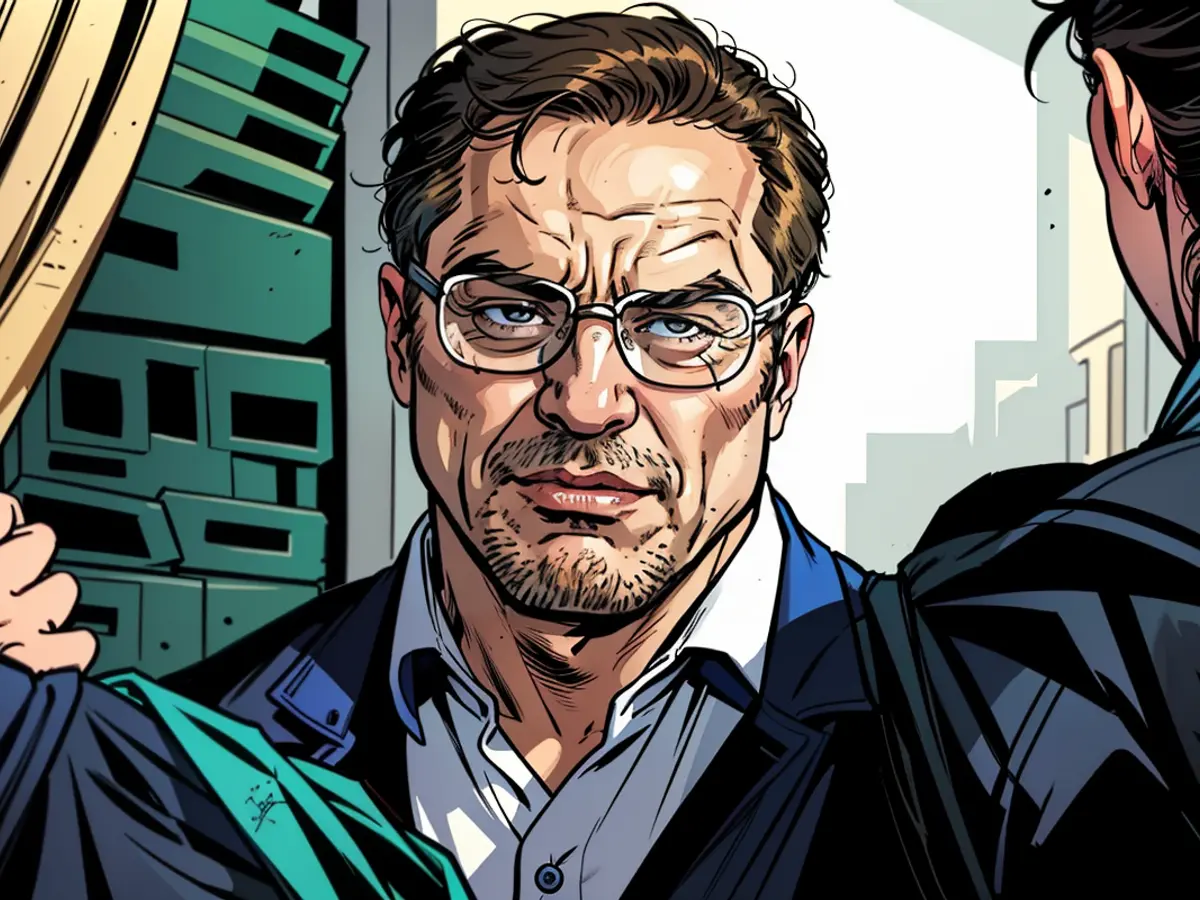Voting Processes - Kretschmer: End of business as usual following AfD achievements
The Saxon Minister President Michael Kretschmer is calling for a change in direction from the traffic light coalition, led by Chancellor Olaf Scholz (SPD), as well as from his own party, in response to the recent election successes of the AfD in eastern Germany. He emphasized, "We need a stable democracy, but it can only be achieved if the democracy, if the rule of law effectively addresses the problems." Even as EU Commission President Ursula von der Leyen joined him at the CDU headquarters in Berlin, Kretschmer urged that "we must take on the major issues together."
Von der Leyen, who had been the Union's lead candidate in the European election, made no comments upon her arrival. CDU Chairman Friedrich Merz will address the media with her after their party meetings. According to the preliminary results, the Union won the European election on Sunday with 30.0% of the votes, while the AfD saw their best nationwide performance, getting 15.9% of the votes. In eastern Germany, the AfD topped the charts.
Kretschmer stated that those who had "warned and demanded that one must declare oneself as a citizen" had been "punished clearly" at the election. On French President Emmanuel Macron's announcement of new elections, Kretschmer suggested that Scholz "might consider following suit or taking our outstretched hand and addressing the key issues together." This can't go on any longer, Kretschmer added. Starting in September, new state parliaments will be elected in Saxony, Thuringia, and Brandenburg.
Kretschmer pointed out that the same issues have been present for the past two years: "migration, energy policy, an overbearing state, and the question of how to handle the war in Ukraine." He criticized, "At this European election, Europe was not the peace power, and that's bitter."
Read also:
- Kretschmer's call for change comes after the AfD's election successes in democratic processes within eastern Germany.
- The traffic light coalition, led by Scholz (SPD), is under pressure to address the issues raised by Kretschmer and the AfD.
- The elections in Saxony, Thuringia, and Brandenburg in September will also test the strength of the parties in Germany.
- Von der Leyen, the EU Commission President, echoed Kretschmer's sentiments, emphasizing the importance of tackling major issues together for a stable democracy in Europe.
- The AfD's best nationwide performance occurred during the European elections,Despite this, the Union still managed to secure a majority of votes.
- Critics of the traffic light coalition have argued that their refusal to embrace citizenship issues has led to the AfD's gains.
- Scholz may follow Macron's lead in France and call for new elections to address the key issues faced by Germany and the EU.
- The European Union, under von der Leyen's leadership, continues to grapple with issues such as migration, energy policy, and the war in Ukraine.
- The success of the AfD in eastern Germany may signal a shift in the political landscape of post-unification Germany, with potential implications for the country's relationship with the EU.








